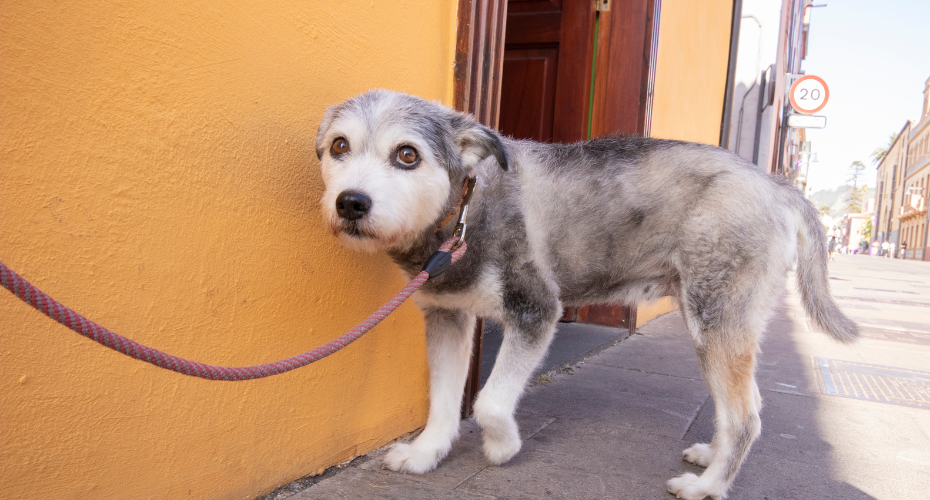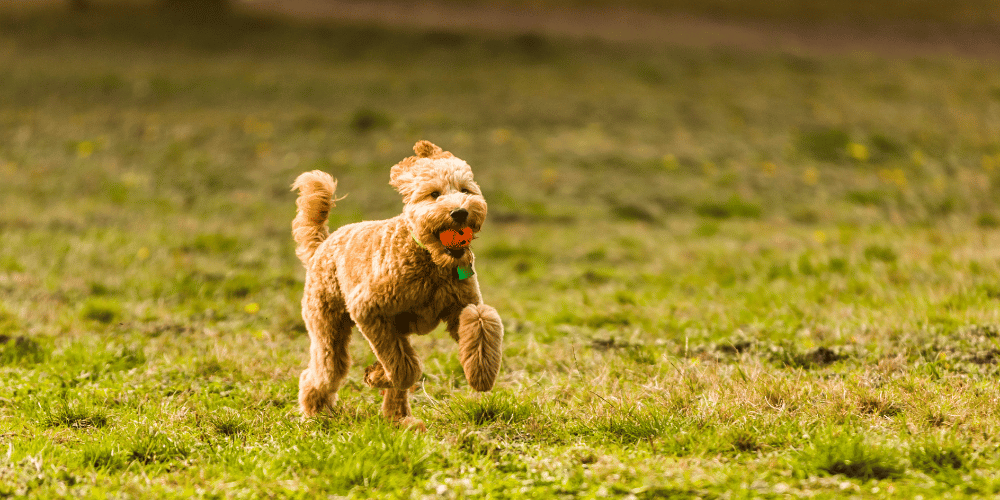
When it comes to your dog, is there a difference between dog phobia and dog fear? There are plenty of reasons that your dog has developed a fear response to strange sounds, smells or situations. This response is supposed to protect them from harm but in many cases causes serious problems.
In these extreme cases an excessive response will not protect them from danger even if there is a threat. In some cases they can do more harm to themselves than good, they can hide, bark, become aggressive or more in the face of things that cause the fear response.
The most common dog phobia caused by noise is thunder. The fear can be caused by the actual thunder or merely the circumstances surrounding thunder if they associate the entire experience with fear. A drop in barometric pressure can induce an intense fear response in dogs with this problem.
Dog phobia causes
It is pretty common for fearful dogs to have puppies that are also just as phobic. The mother’s stress hormones along with genetic factors are going to influence the puppies fear levels before they are even born. This extends into the earliest stages of life outside of the womb. Behaviour problems can grow worse due to bad owner behaviour, developing into a dog phobia that can be paralyzing.
Treating a dog phobia
As time passes a particular dog phobia can become worse, you can’t expect many dogs to simply grow out of the problem. There are ways to help treat the problem, however they do take work!
- Try to avoid reinforcing the behaviour that you are trying to avoid. Do not punish or reassure the dog.
- Contain them to make sure that they don’t run away in fear.
- Products such as Thundershirts have particularly high success rates in calming a frightened dog and are a good non-medication alternative.
- Talk to your veterinarian and talk about drug treatments that will get your dog calmly through the storm season. If a storm is approaching you can give your dog the medication an hour before it is expected to start or before they enter any kind of dog phobia inducing situation.
- Talk to your vet about any other supplements or treatments that your dog is going through. Antidepressants could cause serious problems when combined with the anti-anxiety medications. There are plenty of natural solutions that can help but you should let your vet know if you are currently using any when he prescribes a medication.
- You should also talk to your veterinarian about behavioural therapy that can help to actually solve the problem, rather than just ease it with medication. A veterinary behaviourist will give an assessment and design a plan specifically tailored for your dog.
The treatment for dog phobia can involve a variety of techniques that will include conditioning and systematic desensitization. A behaviourist will use things like storm or firework recordings to train your dog to be used to them. It can take weeks or months to go through the training, but at the end of it your dog will be calm in any loud situation. Your dog will now associate this situation with good experiences like being fed thanks to the behavioural specialist. You can check more dog training products from Vet Products Direct
